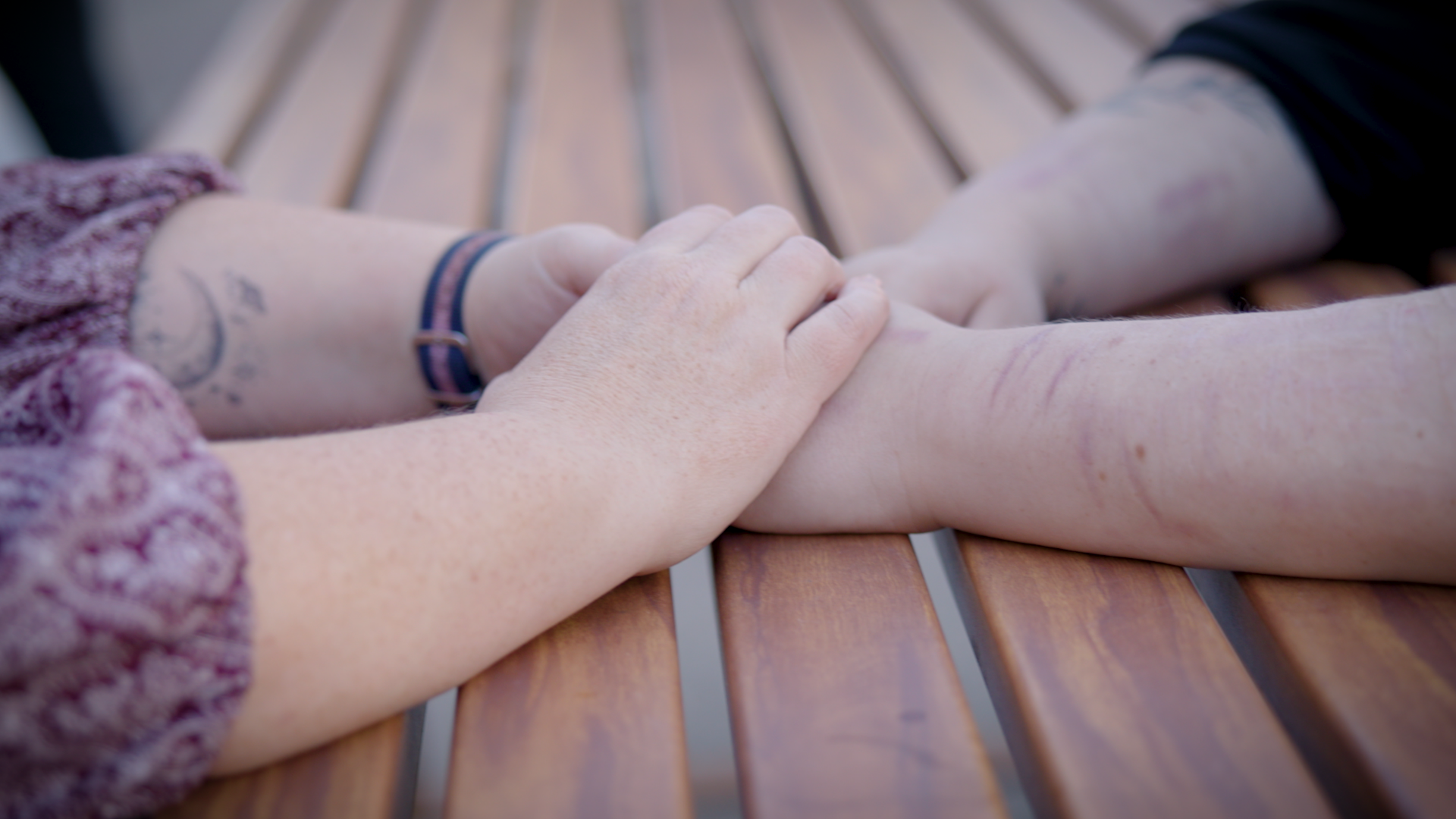Media release
From:
Speakers:
- Dr Melissa Licari is a Senior Research Fellow at The Kids Research Institute Australia and UNSW Sydney
- Professor Valsamma Eapen is Scientia Professor and Chair of Child Psychiatry at UNSW Sydney
- Dr Amanda Maxwell is a Clinical Psychologist and Clinical Research Manager at the UNSW Tic Clinic
Date: Thu 29 May 2025
Start Time: 09:30am AEST
Duration: Approx 45 min
Venue: Online - Zoom
The briefing has now ended. Recording available for logged-in journalists in the attachments.
One in two children with a tic-related disorder have thought about ending their life, while one in 10 children and one in four affected adults have attempted suicide, new research into Tourette syndrome has found.
The research, led by The Kids Research Institute Australia and University of New South Wales (UNSW) Sydney, has revealed the crushing daily challenges faced by Australians living with Tourette syndrome and other tic-related disorders.
It found bullying, discrimination, lack of understanding and the exhaustion of living with their condition were among the factors that drove many of those affected to despair.
An estimated 50,000 Australian children and adults have a lifelong tic-related condition, most commonly Tourette syndrome, yet many struggle to obtain an accurate diagnosis or appropriate support.
The national Impact for Tourette’s survey – led by Dr Melissa Licari from The Kids Research Institute Australia and UNSW Sydney, and Professor Valsamma Eapen from UNSW Sydney – captured the experiences of more than 200 individuals and caregivers across Australia, including their efforts to obtain a diagnosis and treatment, functional challenges, impact on mental health, obstacles faced in education and employment, and the emotional and social struggles experienced by individuals.
Key findings include long wait times for a diagnosis, a lack of knowledge about tic-related conditions among health and education professionals, a lack of effective support or treatments, and heavy mental health impacts on individuals and caregivers.
“Heartbreakingly, almost three quarters of the adults and one in two of the children with tic-related disorders reported they had contemplated suicide, while one in four adults and one in ten children had actually attempted suicide,” Dr Licari said.
“A third of the children and almost half the adults had engaged in self-harming behaviours.”
More than 80 per cent of those with tic-related conditions reported experiencing tics daily – many as frequently as every few seconds and some for hours at a time in episodes known as ‘tic attacks’.
Four out of five children and adults had tics that caused physical pain, with two thirds reporting they had sustained injuries from their tics.
Respondents consistently reported they had been bullied and ridiculed at school and work by peers, teachers and co-workers.
“Our report shows three out of four children had been ridiculed or bullied by other students, while a third had been ridiculed or bullied by teachers,” Dr Licari said.
“Two out of five affected adults reported they were unable to work due to the severity of their tics – leading to financial strain – while similar numbers had experienced discrimination in the workplace, including ridicule or bullying by co-workers.”
The report also highlighted difficulties obtaining a diagnosis, accessing treatments, and obtaining disability funding. Three out of four respondents who had applied for National Disability Insurance Scheme (NDIS) funding had had their applications declined.
“There are currently no national standards or clinical practice guidelines outlining recommended therapies or interventions following the diagnosis of a tic disorder,” Professor Eapen said.
“One in four respondents reported they had waited more than two years to receive a diagnosis, with some waiting up to four years, while a third of those who did receive a diagnosis received no recommendations for services or interventions.
“Families are facing a long and difficult path to diagnosis, then an even trickier path to find appropriate treatments. This places an enormous strain on families, leading to significant mental health impacts.”
The report includes seven key recommendations, including funding to develop a National Clinical Guideline for the diagnosis and treatment of tic disorders; funding for resources and training programs for health professionals, educators and school staff, employers and policymakers; targeted funding for enhanced support for individuals with tic disorders and their families, including mental health services; and clear standards for the way students with tic disorders should be supported in school settings.
The report’s authors acknowledged that, as with most surveys, those who were most affected and passionate about an issue were the most likely to respond.
“While this means our survey cannot perfectly reflect the experiences of the entire tic community in Australia, it offers valuable community-driven data highlighting widespread challenges, and this fits with what we see regularly in clinical practice,” Dr Licari said.
Impact for Tourette’s was undertaken in collaboration with national advocacy organisation Tourette Syndrome Association of Australia (TSAA).
“Despite its prevalence, Tourette syndrome remains under-recognised, often overlooked, or misdiagnosed,” TSAA President Mandy Maysey said.
“Many individuals with Tourette syndrome go through life without receiving an accurate diagnosis, leaving them without appropriate support. They also often face discrimination due to a lack of awareness around their symptoms by everyone from teachers to health providers and employers.”
Ms Maysey said the study had provided valuable insights into the challenges, sacrifices, financial burdens and emotional stresses experienced by people affected by tic disorders, and their families.
The Impact for Tourette’s survey and report were supported by internal funding awards at The Kids Research Institute Australia, including the Julie Bishop Award for emerging women in science, presented to Dr Licari in 2023, and an Embrace Award presented to Dr Licari and Professor Eapen in 2024.
The full report can be downloaded here: https://www.thekids.org.au/impactfortourettes (note link will be live once embargo lifted).
ENDS



 Australia; NSW; WA
Australia; NSW; WA



